Ohio researchers examine how life thrives despite low nutrients in African lake
2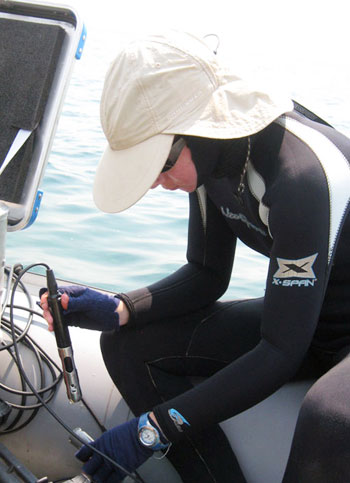
Wright State Ph.D. candidate Brianne Kelly takes oxygen measurements at Lake Tanganyika in east Africa.
In shallow waters, where nutrients are oddly scarce, there thrives one of the most diverse collections of freshwater fish on Earth.
Lake Tanganyika in east Africa is actually the second deepest lake on Earth, but the majority of deeper water in the lake is deprived of dissolved oxygen. Instead, nearly 275 species of fish thrive along the lake’s shorelines. The fish populations flourish here thanks to algae growing on the shoreline rocks, which are highly productive despite extremely low levels of nutrients.
Dr. Yvonne Vadeboncoeur, an associate professor in the Department of Biological Sciences at Wright State, located in Dayton, Ohio, is leading a research effort to understand how such a diverse aquatic community can prosper in seemingly unfavorable conditions.
“The algae on the rocks that support this diversity are incredibly productive, but the water itself is extremely nutrient poor,” she said. “We are investigating how such high productivity and diversity persist in the face of apparent extreme nutrient scarcity.”
Vadeboncoeur and her research team suspect that it is in fact the fish within the community that help retain nutrients along the shoreline.
“Most of the nutrients in the system are actually in the bodies of the fish,” she said. “By staying in the surface waters and feeding on algae, the fish keep the nutrients in the lighted waters where the algae can use them.”
Thus, the algae feed on nutrients contained in the excrement of the fish. Additionally, as strong winds cause water in the lake to turn over, nutrient-rich water from the lake’s depths is circulated into the shallower shoreline region.
The significance of each nutrient source is being assessed by two graduate students from Vadeboncoeur’s lab, using funds from a three-year, $850,000 National Science Foundation grant.
The researchers will quantify nutrient levels stored and recycled by fish, test and compare algal growth rates in areas with and without fish, measure the levels of nutrients that come from the lake’s deeper water, and apply theoretical models to understand the significance of different nutrient sources.
The research project aspires to address two pressing concerns that face Lake Tanganyika and other lakes across the world. The first is that if fisherman continue to over fish, these fragile nutrient cycles could be compromised, leading to slower growth of the algae on which the fish depend.
Second, as climate change warms surface waters, seasonal winds are reduced, thus hindering the delivery of deep-water nutrients to the algae.
The study, Vadeboncoeur said, will be the first to seek a comprehensive understanding of how human influences will impact Lake Tanganyika’s productivity.
Wright State ecologist probes mystery of nutrient-poor, fish-rich African lake [Wright State University] Image Credit: Wright State University




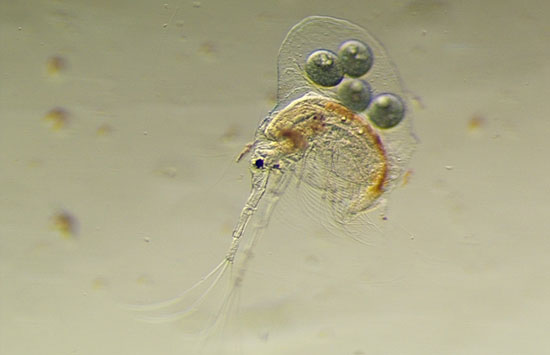
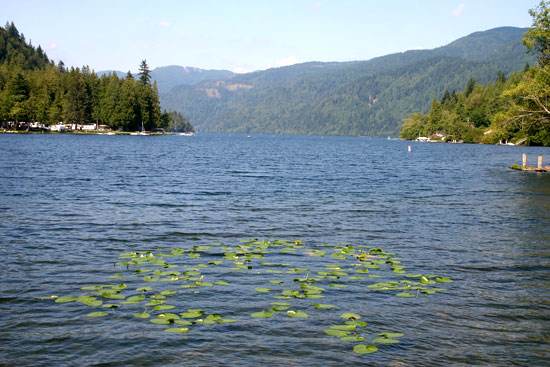
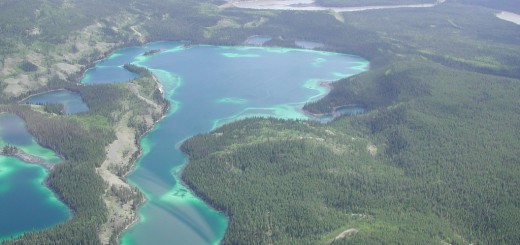


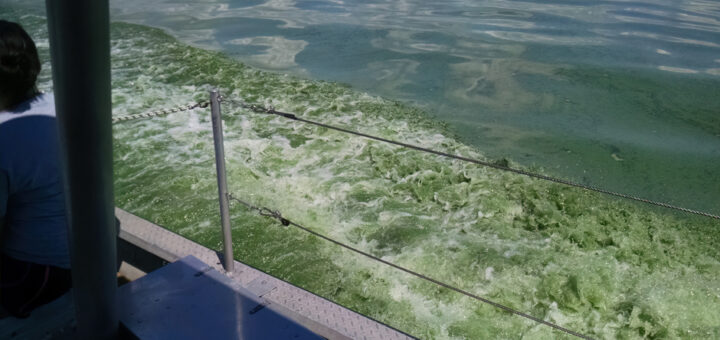

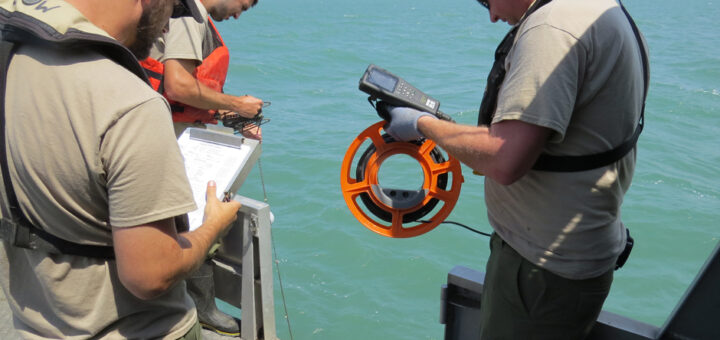
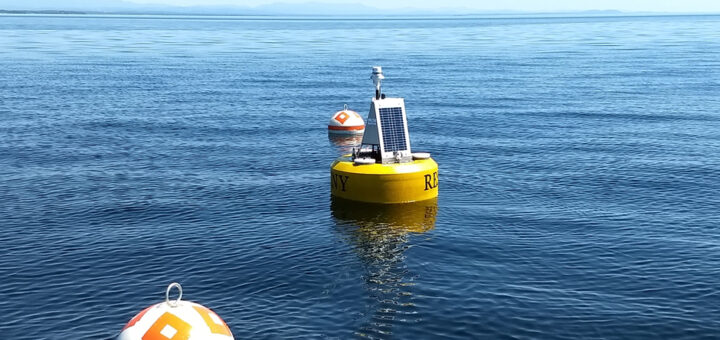

nature has always a way to get around tough areas. Again, we can see this happening with the fish. It must be said that nature is able to still awe us.
[…] are much larger lakes, like North America’s Lake Superior or Africa’s Lake Tanganyika, each of which are at least twice as big as […]